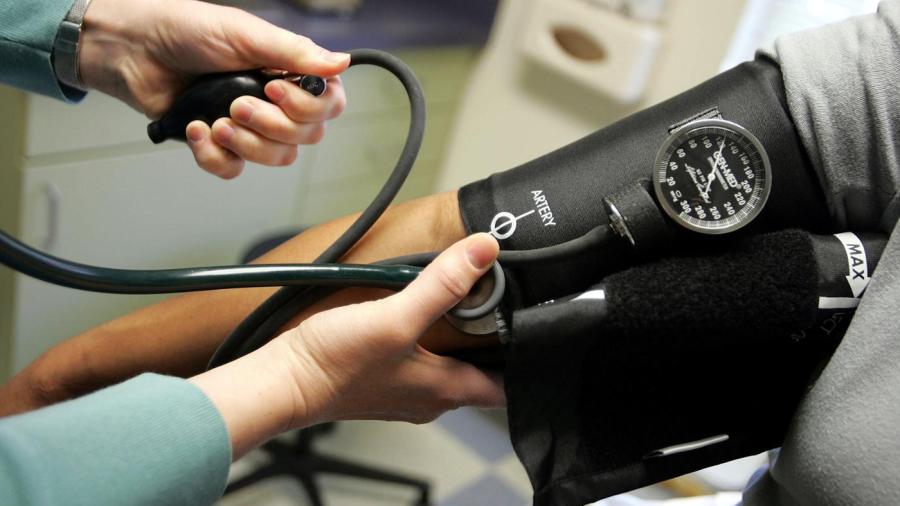What Causes High Systolic Blood Pressure?

High systolic blood pressure accompanied by normal diastolic pressure is called isolated systolic hypertension, which is possibly caused by artery stiffness, heart valve problems or hyperthyroidism, according to Mayo Clinic. In many cases, the cause of high blood pressure is unknown, though several risk factors are known, notes the American Heart Association.
Risk factors that increase one’s likelihood of developing high blood pressure, or hypertension, include genetics, advanced age, lack of physical activity, a high-sodium diet, excess weight and heavy drinking of alcohol, according to the American Heart Association. Stress, cigarette smoke and sleep apnea are suspected risk factors, though scientists have not confirmed the link to hypertension.
In about 5 to 10 percent of hypertension cases, the high blood pressure results from a pre-existing underlying condition, according to the American Heart Association. This secondary hypertension may be caused by a kidney abnormality, adrenal gland tumor, congenital structural abnormality of the aorta or narrowing of certain arteries.
Systolic blood pressure measures the pressure put on the arteries when the heart beats and pushes blood through the arteries to the rest of the body, according to WebMD. Blood pressure is measured in millimeters of mercury. In most cases, a systolic blood pressure reading of 120 millimeters of mercury or less is considered normal, 120 to 139 is prehypertensive and 140 or higher is considered to be hypertensive.





